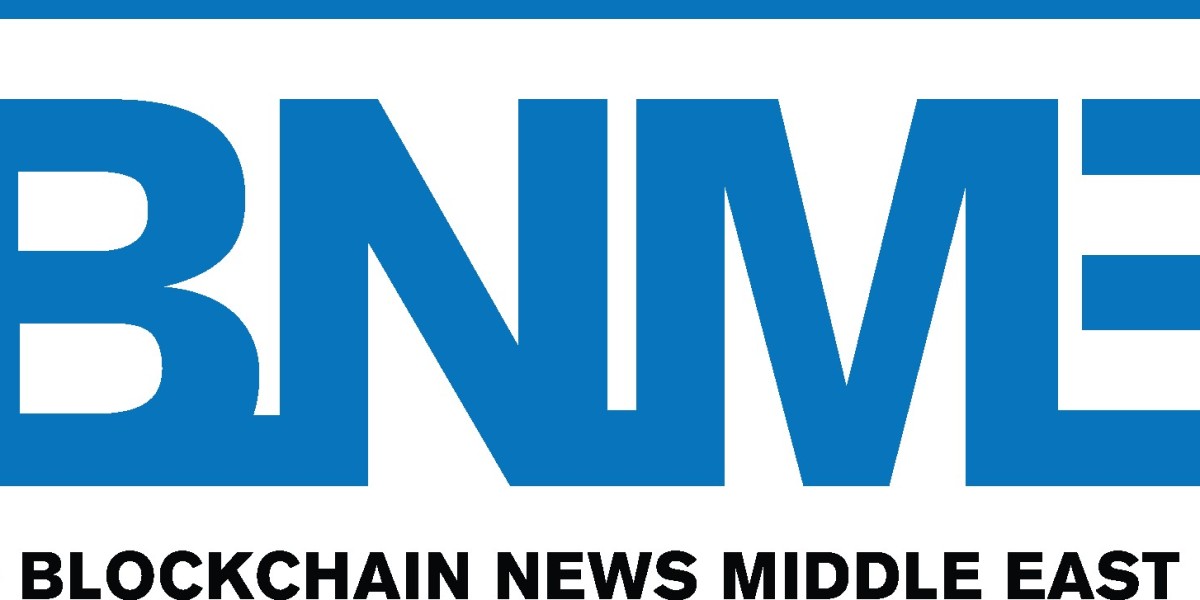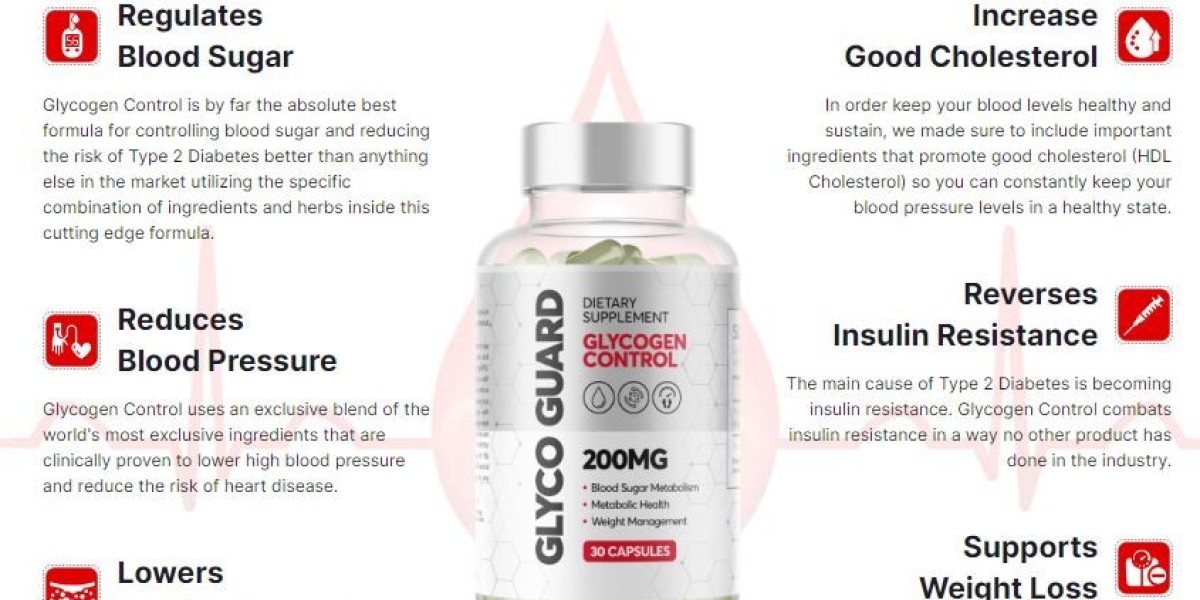Central to the healthcare industry is the management and exchange of vast amounts of sensitive patient data among various stakeholders, including healthcare providers, insurers, and patients themselves. However, traditional data management systems often suffer from inefficiencies, security vulnerabilities, and interoperability challenges.
Blockchain technology offers a decentralized and immutable ledger system that ensures the integrity, security, and privacy of healthcare data. Blockchain News Middle East By utilizing blockchain-based electronic health records (EHRs), patients can securely access and control their medical information, granting healthcare providers instant access to accurate and up-to-date data, regardless of the source or system used.
Moreover, blockchain facilitates interoperability between disparate healthcare systems, enabling seamless data exchange and collaboration among healthcare providers while maintaining patient privacy and confidentiality.
Enhancing Supply Chain Integrity and Pharmaceutical Traceability
In addition to data management, blockchain is revolutionizing supply chain management in the pharmaceutical industry, where transparency and traceability are critical for ensuring the safety and authenticity of medications and medical supplies.
By leveraging blockchain's immutable ledger system, pharmaceutical companies can track the entire lifecycle of a drug—from manufacturing to distribution to delivery—ensuring compliance with regulatory standards and combating counterfeit products. This enhanced transparency not only improves patient safety but also helps healthcare providers optimize inventory management and reduce waste.
Facilitating Medical Research and Clinical Trials
Blockchain technology has the potential to streamline and enhance medical research and clinical trials by providing a secure and transparent platform for data sharing and collaboration among researchers, healthcare institutions, and pharmaceutical companies.
Smart contracts, self-executing contracts with predefined conditions written into code, can automate the execution of agreements and ensure compliance with regulatory requirements throughout the research process. Additionally, blockchain-based platforms can facilitate the secure exchange of anonymized patient data, accelerating the discovery of new treatments and therapies while protecting patient privacy.
Overcoming Challenges and Ensuring Adoption
While the potential benefits of blockchain in healthcare are significant, challenges remain in realizing its full potential. Blockchain News Middle East Regulatory compliance, interoperability standards, and concerns about data privacy and security are among the key hurdles that must be addressed to foster widespread adoption of blockchain-based solutions in the healthcare industry.
Moreover, education and awareness initiatives are essential to ensure that healthcare professionals and patients alike understand the benefits and implications of blockchain technology. Collaborative efforts between industry stakeholders, regulatory bodies, and technology providers are crucial for developing and implementing standards and best practices that promote interoperability, security, and trust in blockchain-based healthcare systems.
Conclusion
In conclusion, blockchain technology holds tremendous promise for revolutionizing the healthcare industry by improving data management, supply chain integrity, and medical research. By leveraging blockchain's inherent attributes of transparency, security, and decentralization, healthcare stakeholders can overcome longstanding challenges and unlock new opportunities for innovation and collaboration.









